Feeling stressed by the cost of living, relationships, or what to do with your life? You’re not alone. Many Canadian men face stress, anxiety, and challenges but hesitate to seek help. Counselling isn’t just for people with ‘serious problems’—it’s a practical way to navigate life’s ups and downs and build skills to thrive.
As the Clinical Director of Counselling Services at TELUS Health MyCare™, we see many men seeking therapy for the first time. Here’s what happens in a counselling session and how it can help.
How Counselling Can Help You Feel in Control
Counselling can give you the tools to take charge of your life and feel more grounded. Here are some of the things it can help you do:
Heal from the past: Whether it’s dealing with difficult childhood experiences, breakups, or loss, counselling can help you process and move forward.
Navigate life transitions: Big changes like starting a new job, finishing school, or moving cities can feel overwhelming. A counsellor can help you figure out your next steps.
Handle stress better: Many guys weren’t taught how to deal with challenging emotions like sadness or loneliness. Counselling helps you learn strategies to manage stress, tackle anxiety, and stay in control when life feels too much.
Strengthen relationships: Learning to regulate emotions better can improve relationships with friends, family, and work colleagues.
Find relief: Sharing your thoughts and feelings with someone who listens without judgment can feel like a weight lifted off your shoulders.
Achieve your goals: Counselling can help you clarify what you want in life and how you can achieve it, whether it’s personal growth, career ambitions, or stronger relationships.
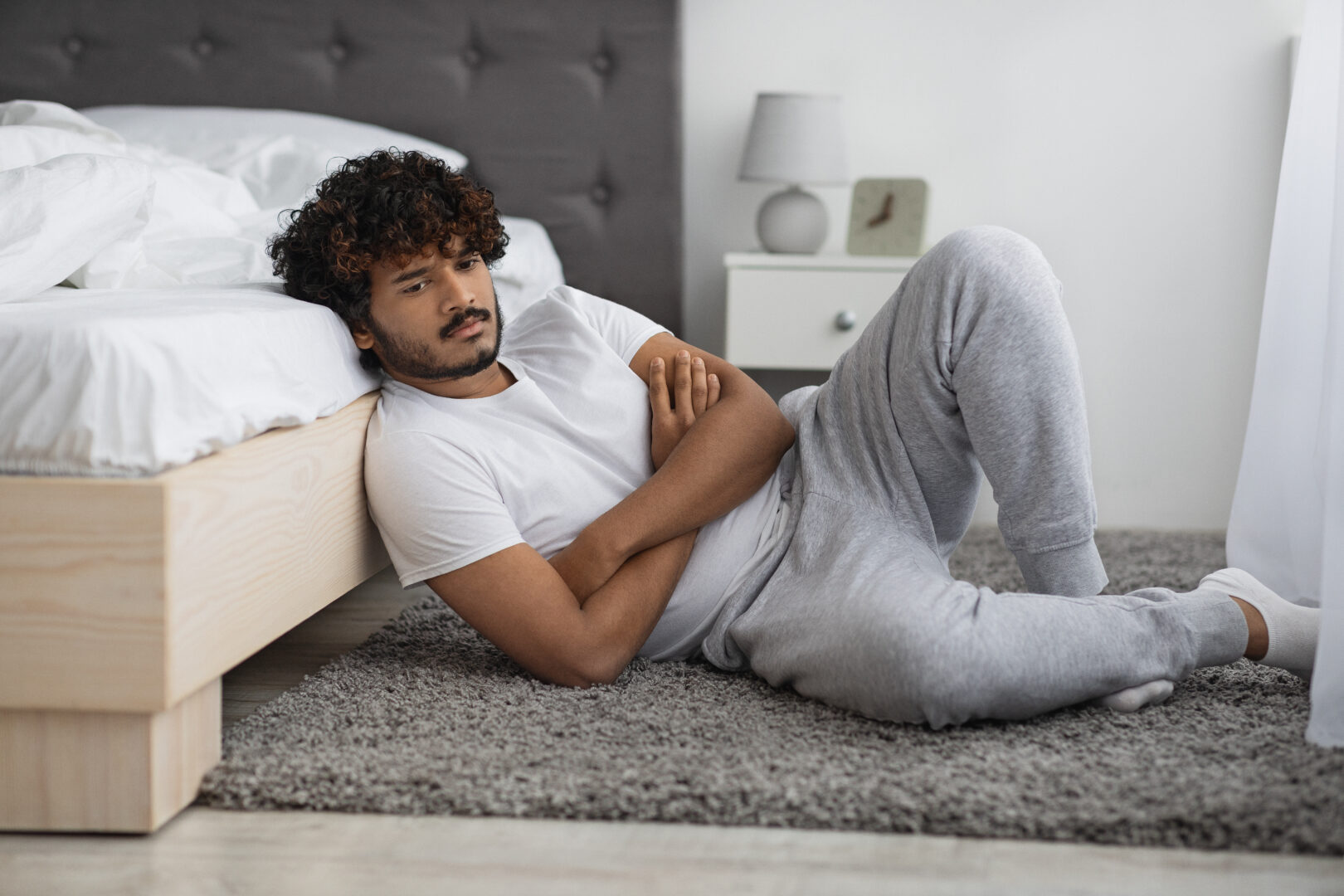
Common Emotions Men Struggle With
It’s not always easy to talk about emotions, but counselling can help you tackle these challenges head-on:
Anger and frustration: It’s common for men to feel like rage takes over sometimes, whether it’s at work, in relationships, or dealing with life’s challenges. Counselling can help you channel that energy into healthier ways of coping.
Loneliness: Even if you have friends, you can still feel like nobody gets what you’re going through. Therapy offers a space to open up and feel understood without judgment.
Anxiety and fear: Many men feel anxiety about the future, fear of failure, and feeling like they’re not enough. Learn how to break down these feelings and create strategies to tackle them.
Shame or guilt: Carrying guilt over past mistakes or shame about not meeting expectations can weigh heavily. Counselling helps you let go of this baggage and move forward with confidence.
Sadness or hopelessness: Feeling down or stuck doesn’t have to be permanent. Counselling can help you find ways to bring positivity and purpose back into your life.
What Happens in Your First Counselling Session?
You don’t need to prepare anything to start counselling. All you need is a quiet space where you feel comfortable, even if it’s your car or a park bench.
Here’s what to expect:
- Introductions: Your counsellor will introduce themselves and share their background and approach.
- Understanding your story: They might ask, “What brought you here?” or “What’s going on in your life?” to get a sense of what you’re dealing with.
- Setting goals: Questions like, “How would you like your life to change?” will help shape a plan for your sessions.
Counselling is collaborative, and you’re in the driver’s seat. Your counsellor is there to guide you, but the direction and pace are entirely up to you.
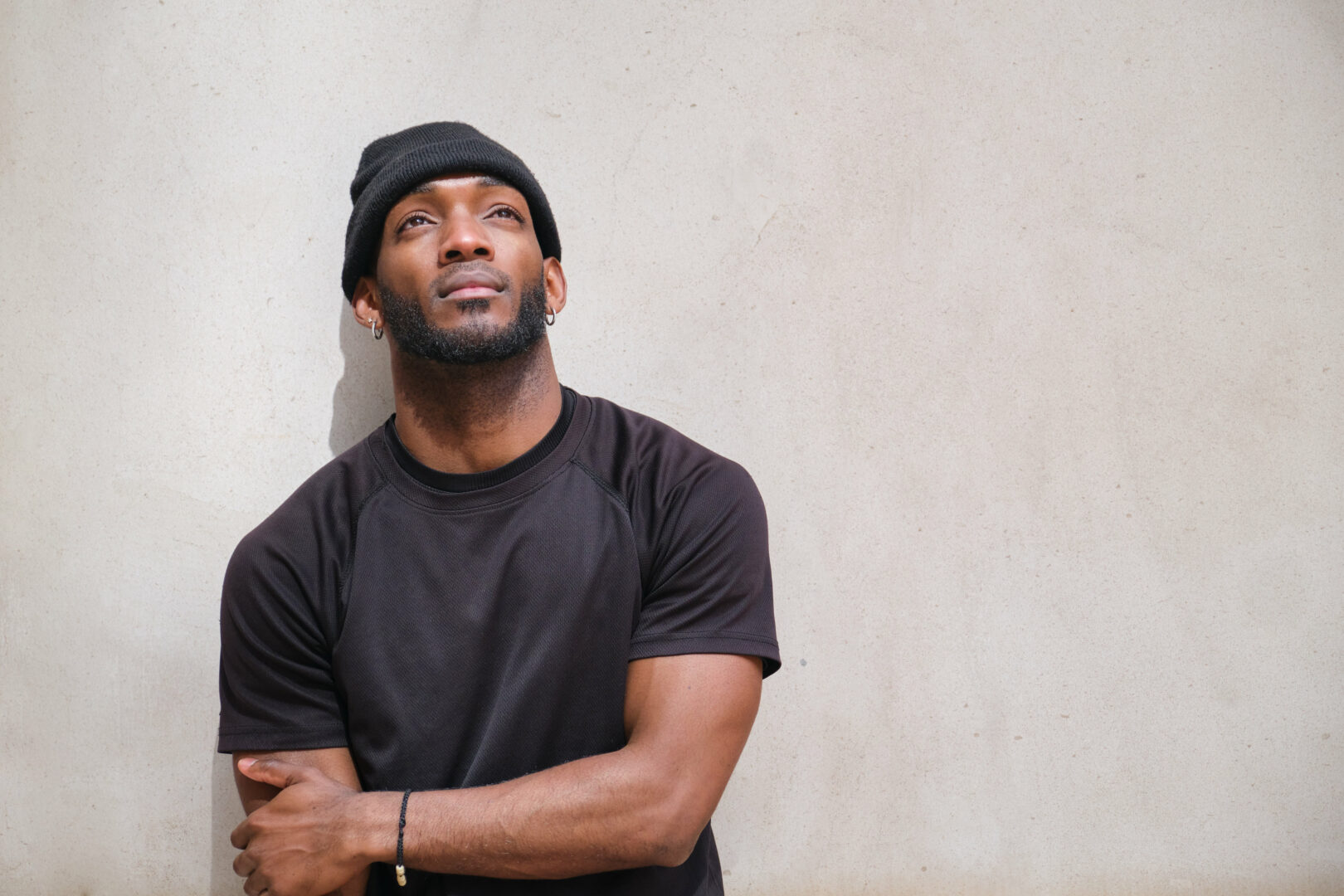
Worried About Trying Counselling? Here’s Why It’s Worth It.
It’s common to feel hesitant about counselling. Maybe you’re unsure if it will help. This is why it can work for you:
- It’s a safe space: Counselling is confidential and judgment-free.
- It fits your schedule: With online options, you can access help from anywhere.
- It’s for everyone: Counselling isn’t about being “weak”—it’s about being proactive and building a better life.
Common Questions About Counselling
How many sessions will I need? This depends on your situation.
- For one-off life experiences or struggles in the present moment, one to five sessions may help address specific issues like stress or decision-making.
- For deeper issues, like processing past traumas or long-standing challenges, it may require more time and trust-building.
The number of sessions is flexible, and you can adjust as your needs evolve. There’s no right or wrong way to do counselling—it’s all about what works for you.
Does counselling work for everyone? Counselling is most effective when you’re willing to apply what you learn. Change can feel uncomfortable at first, but it’s part of the process.
Will my counsellor give me advice? Think of your counsellor as a guide rather than someone who solves your problems. They’ll help you explore options, but you’re in control of your decisions.
How do I find a good counsellor? Look for someone with proper training and credentials. Ask questions like:
- Where did you receive your training?
- Do you have a diploma or degree?
- Are you a member of a professional association?
Ready To Take the First Step?
If you’re curious about counselling, explore options through TELUS Health MyCare™ or directories like the Canadian Counselling and Psychotherapy Association.
Men in BC, ON, AB, and QC without extended benefits that cover counselling can get up to three counselling sessions at no cost through MindFit Toolkit.
Taking that first step could be the start of a calmer, more manageable life.
Have questions or concerns about starting counselling? Share them in the comments below—we’re here to help.

No-Cost Counselling
Access three virtual counselling sessions at no cost through TELUS Health MyCare™. Available to men in BC, AB, ON and QC without extended health benefits.

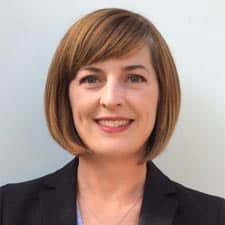
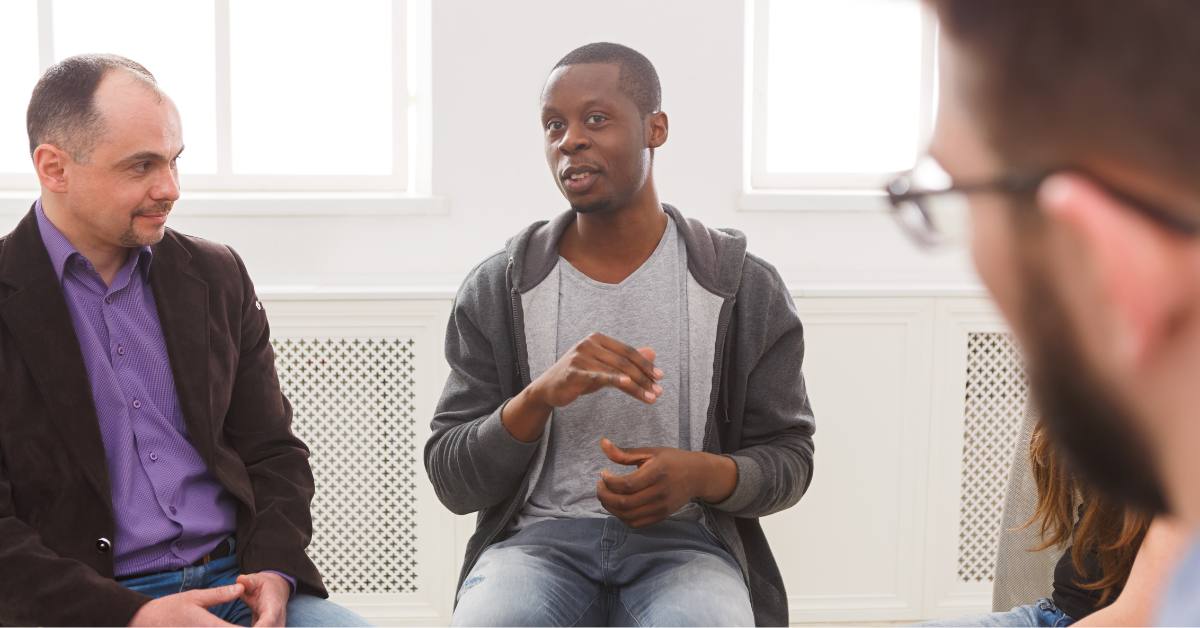

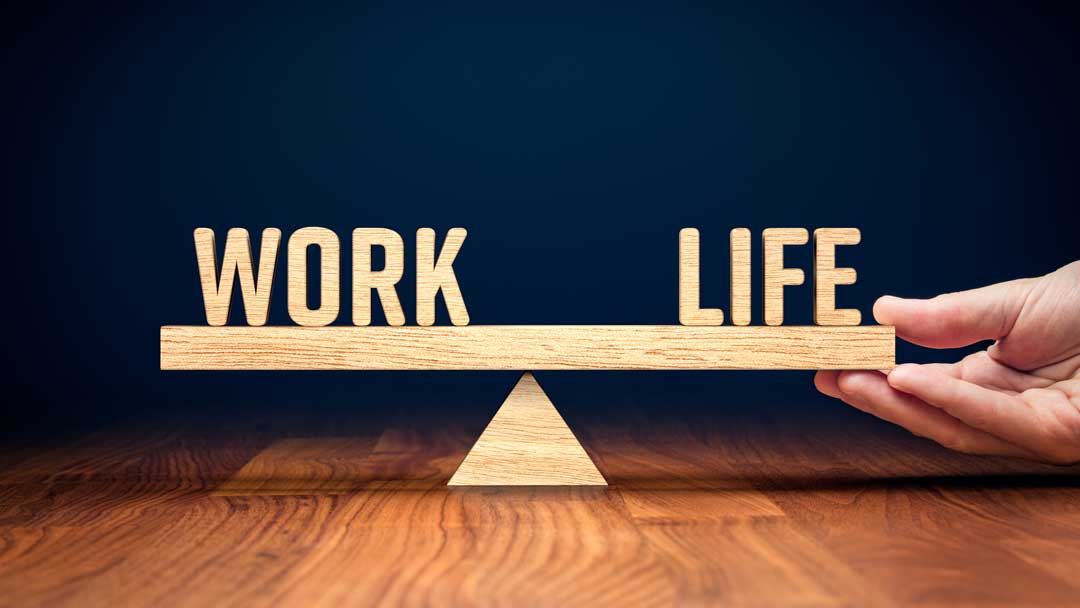
I am going through a rough patch with anxiety since I received a major surgery.
I am interested to check out further.
Very interesting as although happily married I go through quite a few periods of anxiety in my retirement. I should mention I am a healthy 88 year old on NO medications and still walk 30 to 40 mins daily. I’m already signed up for weekly health tips.
Yes I would like to talk to a councillor Lindsay I am feeling lonely, depressed with anxiety and they just seem to be going in circles, I would like some help.
Yes I would like some help. I’ve been dealing with social anxiety for a while and don’t know who best to turn to.
Thanks for connecting. If you are in AB, BC, ON, or QC in Canada, we are offering counselling sessions at no-cost through MindFit Toolkit on the Canadian Men’s Health Foundation.
~Canadian Men’s Health Foundation team member
I came here because I am going to be 32 this year and I have lots of growing I still need. I’m starting to accept who I am isn’t perfect and look forward to discussing real solutions to improve myself.
Have long term bouts of depression. I have retired and currently not on medications